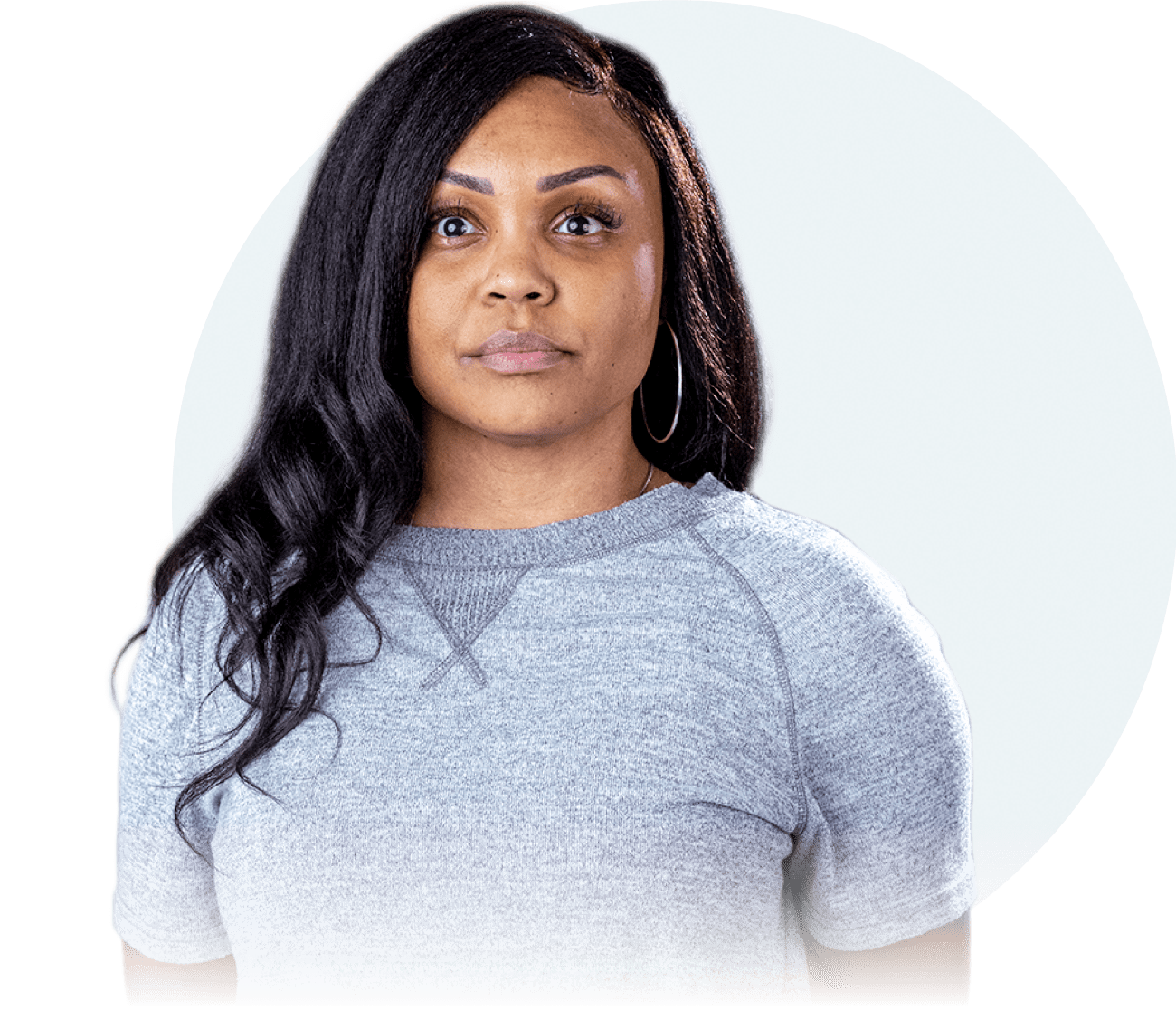is proven to reduce PBA episodes
is proven to reduce PBA episodes


Mary-Beth is a real patient living with PBA.
Image reflects patient with PBA at the time the image was captured.
Trying to Make Sense of Your Uncontrollable Crying and/or Laughing?
If you have a neurologic condition or brain injury, such as:
- Traumatic brain injury (TBI)
- Multiple sclerosis (MS)
- Amyotrophic lateral sclerosis (ALS)
- Stroke
- Alzheimer disease or dementia
- Parkinson's disease
- Traumatic brain injury (TBI)
- Stroke
- Multiple sclerosis (MS)
- Alzheimer disease or dementia
- Amyotrophic lateral sclerosis (ALS)
- Parkinson's disease
…and you experience sudden, frequent, uncontrollable crying and/or laughing episodes that are exaggerated or don't match how you feel, it's time to learn more about PBA.
It Could Be PBA. Act Now.
The PBA Guidebook includes information on talking to your doctor about treatment for PBA. Request a copy by mail or download a digital version.
The person depicted is not a real patient.


Ready to Take the PBA Quiz?
If you think you might have PBA, it’s time to take the PBA Quiz. This 7-question quiz may let you know if the crying and/or laughing episodes you're experiencing are suggestive of PBA.


Carol is a real patient living with PBA. Image reflects patient with PBA at the time the image was captured.


Sequena is a real patient living with PBA. Image reflects patient with PBA at the time the image was captured.
Ready to Talk to a Doctor About Treatment?
NUEDEXTA is PROVEN to reduce PBA episodes. Learn more about treatment for PBA and access support and co-pay card savings to help you in your treatment journey.
Finding a Specialist Who Can Treat PBA
Not all healthcare providers are familiar with PBA. It's important to speak to a specialist who can diagnose and treat PBA. Below are 2 ways to find a specialist and schedule an appointment. Choose the option that works best for you and take the next step.
OPTION 2 Schedule an appointment with a telehealth specialist
If you prefer to make a virtual appointment, use this link to book a video visit with a specialist.
You Are Not Alone.
Meet Real Patients.
Hear from other patients living with PBA and taking NUEDEXTA.
Sequena
Stroke survivor living with PBA
It was great to finally know what was wrong and put a name to it.
Mary-Beth
Patient living with epilepsy and PBA
For me, having a [PBA] diagnosis and then having a treatment truly makes a difference.
Carol
Patient living with TBI and PBA
The feeling I had after being diagnosed [with PBA] was pure relief.
Individual results vary. All ambassadors are real patients living with PBA or caregivers for real patients living with PBA. Images reflect patients with PBA at the time the images were captured.